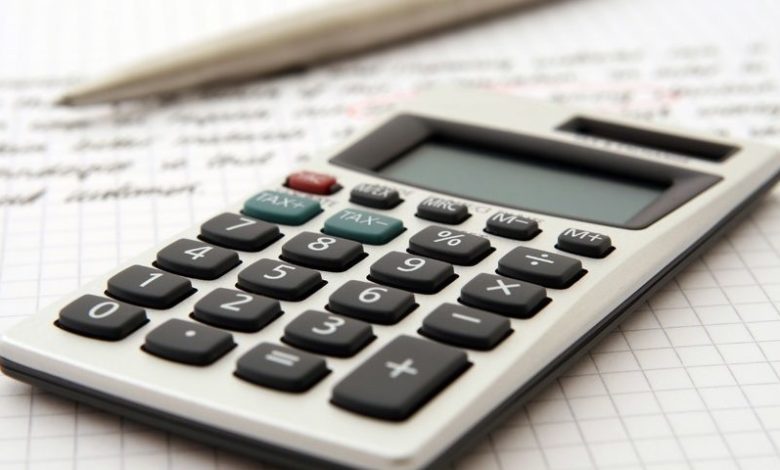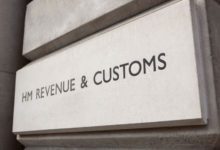
The Thomson Reuters 2019 Tax Technology Survey has highlighted that 76% of senior tax executives have seen an increase in attention on tax compliance and planning at the board level.
They said this has been primarily driven by Making Tax Digital (MTD) for VAT, the government’s initiative for digitising the UK’s tax system.
The annual poll of tax professionals found that 98% planned to invest in tax technology over the next 12 months, compared with only 54% in 2018. Of that, 28% plan to increase spend significantly while the remainder expect spending to increase slightly (32%) or remain stable (38%).
The survey showed the main driver behind the anticipated investment is the rise in digitally capable tax authorities. Some 45% of respondents said they had started or have plans to implement digital tax filing and compliance for new standards such as MTD and Standard Audit File for Tax (SAF-T), the international standard for the electronic exchange of reliable accounting data, as defined by the Organisation for Economic Co-operation and Development (OECD).
The number of respondents who said they were being asked to provide more detailed information to support filings fell from 52% in 2018 to 32% in 2019. This significant drop could indicate that some tax authorities, such as Poland, are advanced in their SAF-T introduction and starting to see the level of detail they require coming through.
The 2019 survey polled 438 tax teams across a wide range of industries, including banking, manufacturing and services. Participants represented a cross-section of business – from companies with fewer than 1,000 employees to corporations with over 10,000.
Whereas GDPR impacted organisations in 2018, 23% of tax professionals reported that one of the key challenges facing their tax department for 2019 is Brexit. The need to keep up with new regulations and processes was also cited by respondents, with a 20% year-on-year increase to 36%. Furthermore, 30% of departments recognised the need for increased efficiency for internal processes and workflow, a 12% increase from 2018.
The results also showed an appetite within tax departments to adopt in-house technology, rather than outsource, suggesting a desire to take control of digital tax transformation. In addition, the poll showed a 20% year-on-year increase in the interest of new technologies.
Looking at the increases on the technologies being investigated, implemented or already live, big data analytics is up to 60%, blockchain 39% (up from 16%), artificial intelligence and machine learning 50% and robotic process automation 56%.
Steve Smith, proposition lead, corporates at Thomson Reuters, said: “There’s clear evidence from Poland and Spain that implementing new digital and near real-time reporting obligations yields significant return in tax revenue.
“It’s inevitable we will see more and more jurisdictions following suit in the coming years, and multinational corporations need to be prepared to address these requirements with future-proofed technology solutions. Furthermore, the report indicates that many tax departments are looking to centralise and manage compliance across multiple jurisdictions in response to the continued globalisation and digitalisation of tax.”








